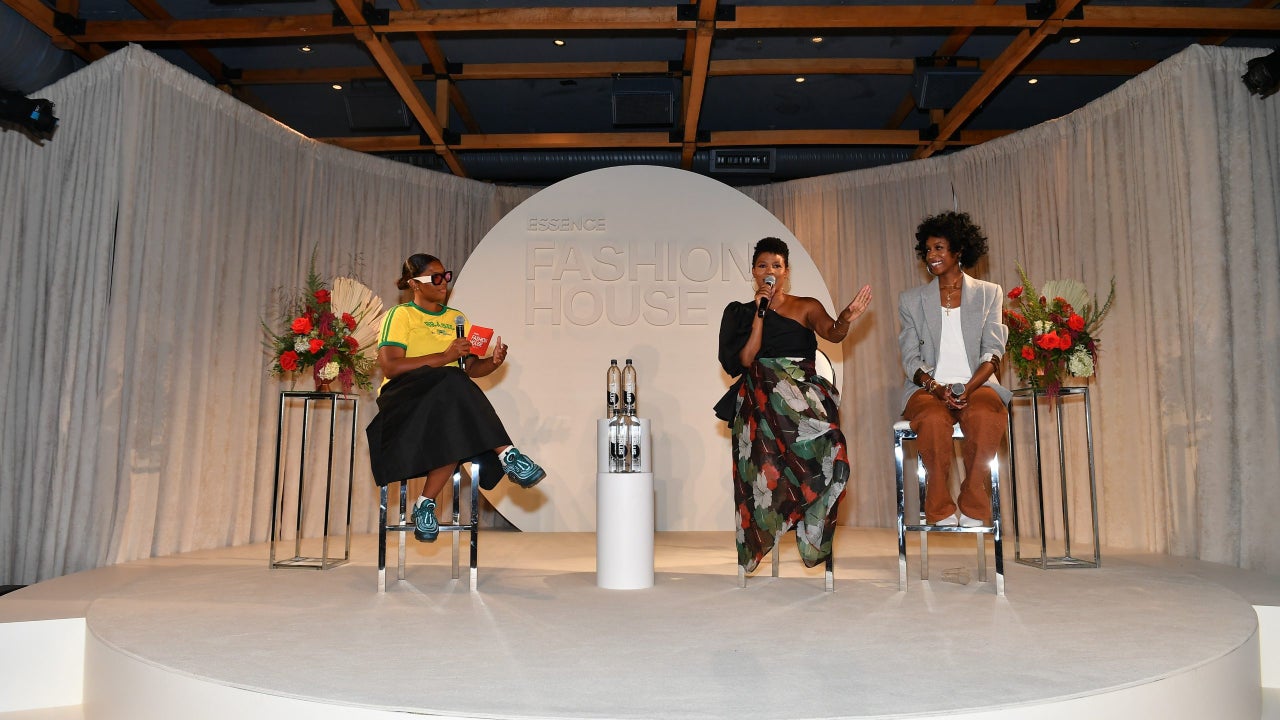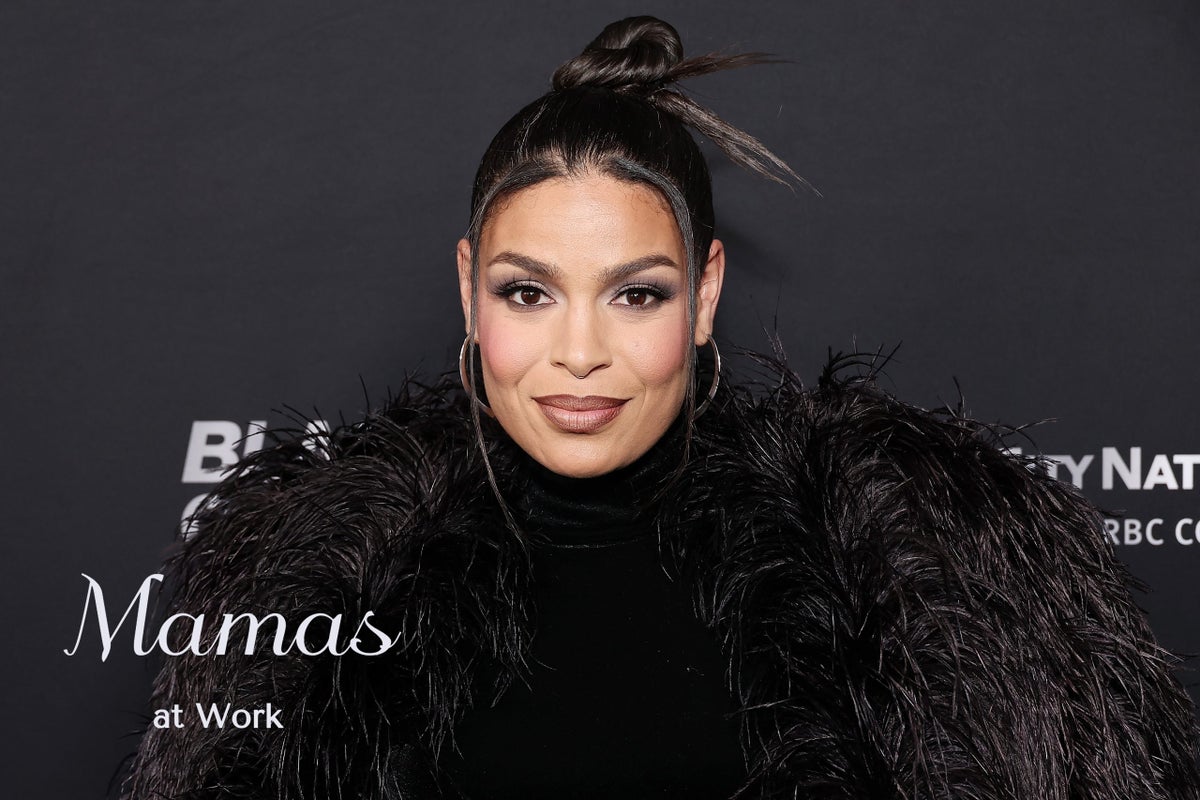
Moderator of ESSENCE Fashion House’s Green is the New Black: Sustainability in Black Fashion, womenswear designer, and podcast host Recho Omondi spoke with two designers who have mastered the concepts of sustainability and accessibility.
Co-founder of mother-daughter-owned brand House of Aama’s Akua Shabaka is known for creating elegant designs rooted in African diasporic culture. Tracy Reese is a Detroit native who uses sustainability to create vibrant colors and patterns throughout her designs. Her brand Hope For Flowers aims to empower women, youth, and locals in Detroit.
So, what does sustainability mean to Shabaka, Reese, and Omondi?
Omondi’s self-titled womenswear brand Omondi uses a lot of deadstock fabrics. Shabaka also uses deadstock fabric and whatever resources she can acquire.
“The conversation around sustainability really just landed in my lap,” Shabaka said. “We were just using the resources that were available to us. Stock materials and producing locally are what were available to us…I think now, understanding the effect of it on the environment. It’s also understanding that it’s not just what’s happening, but it’s also the intention behind continuing it even as you grow.”
Reese also incorporated the importance of still getting paid what you and your work are worth while maintaining sustainability. She moved her business from New York City to Detroit to make a larger impact on sustainability in such a densely-Black community.
“Sustainability encompasses so many things because its textiles, how they’re produced, is also respected by the people who are producing the clothing,” Reese said. “They have to be making a living wage, not getting paid by the piece – which is usually not a living wage. It also means sustainable communities, so there’s a social aspect and there’s an environmental aspect. We really have to work toward improving every area of how we approach design and how we live in our communities.”
Reese, Omondi, and Shabaka emphasized that sustainability is not just what you wear, but it can be an elitist concept when it comes to food, produce, neighborhoods, and more. Oftentimes, it is Black and Brown women who are responsible for producing garments in fast fashion settings, often in factories or sweatshops. By redirecting the discussion towards generational traditions in Black families, such as sewing and knitting, we have the potential to redefine the concept of sustainability within Black fashion.






